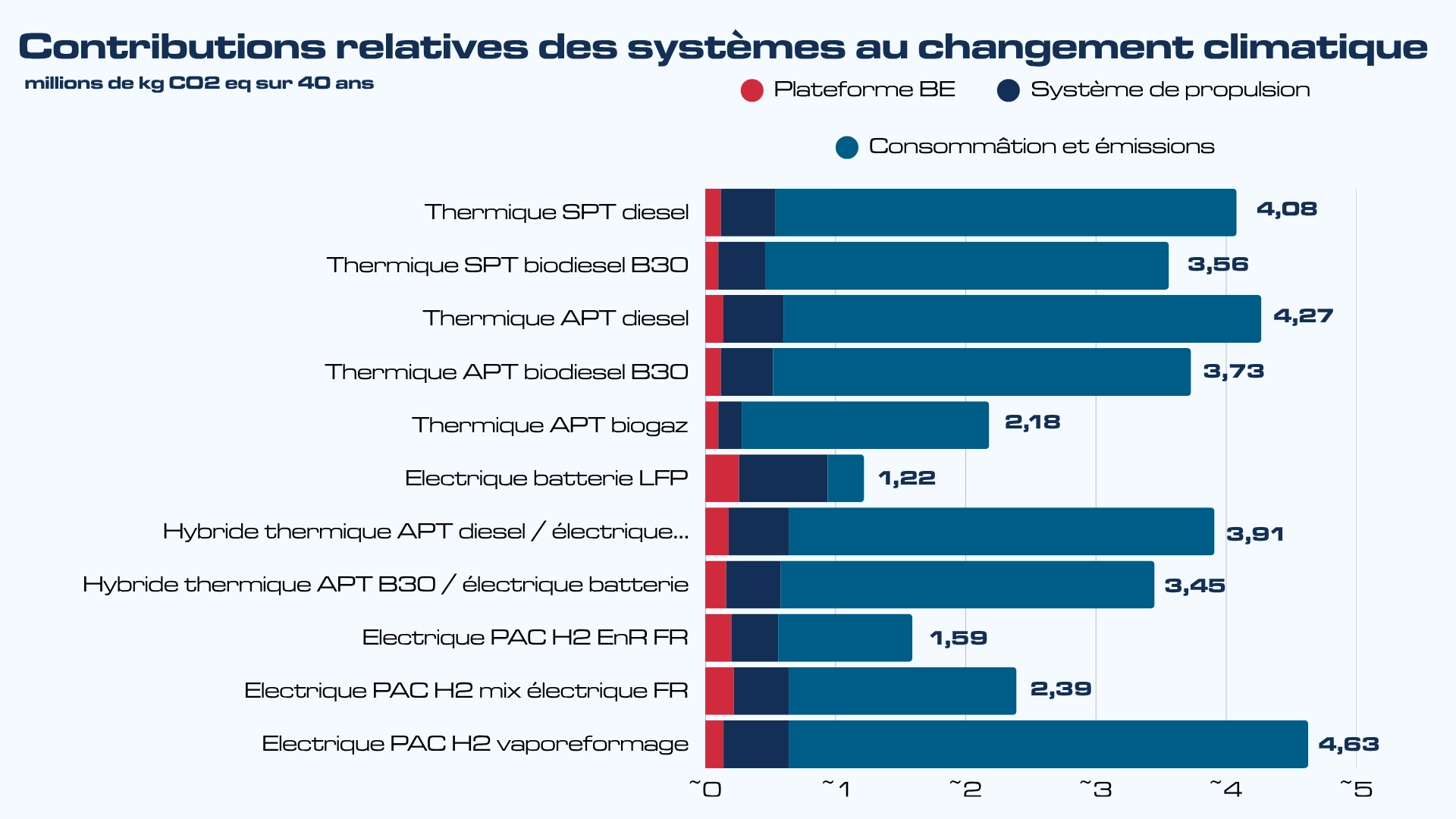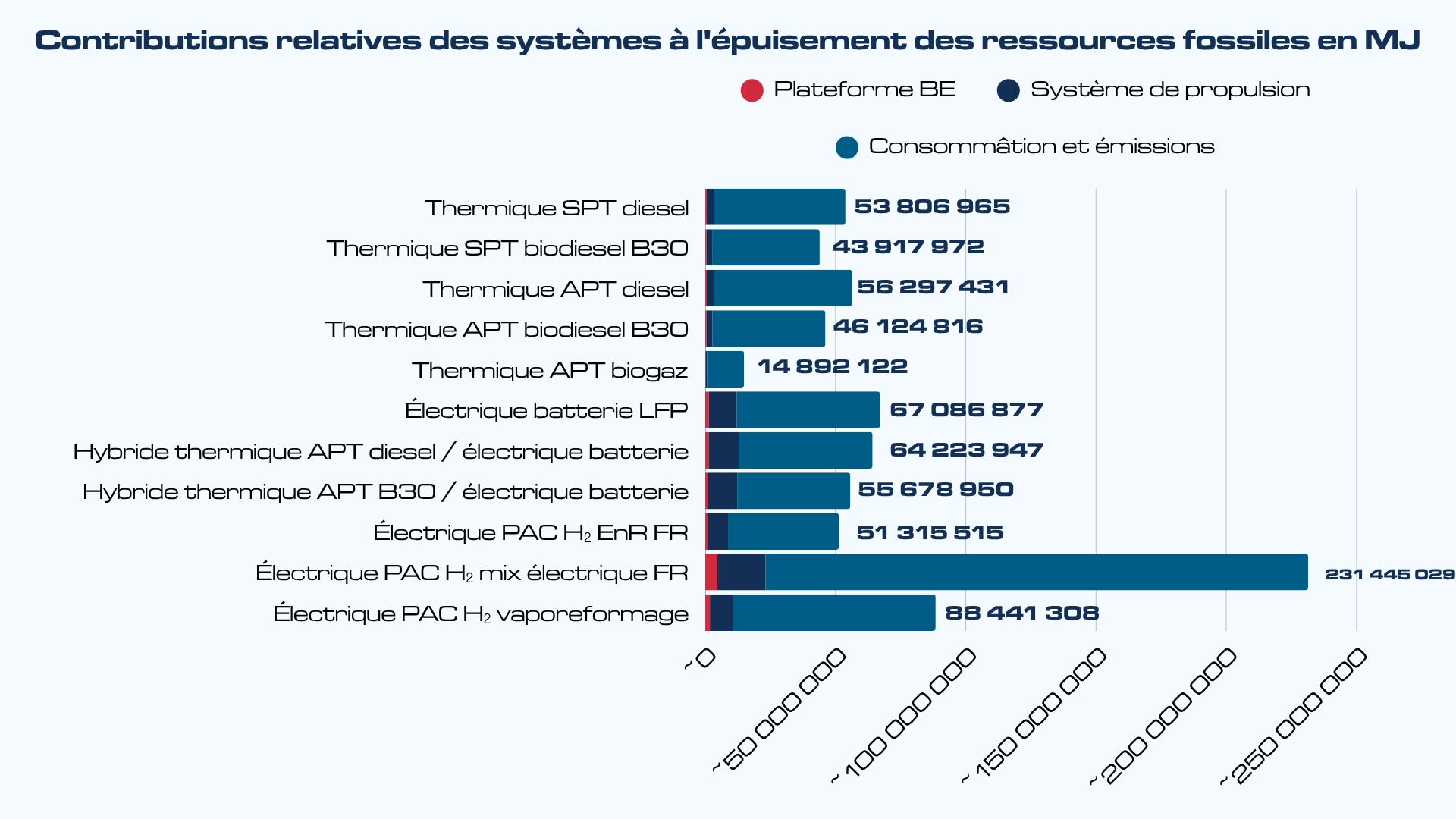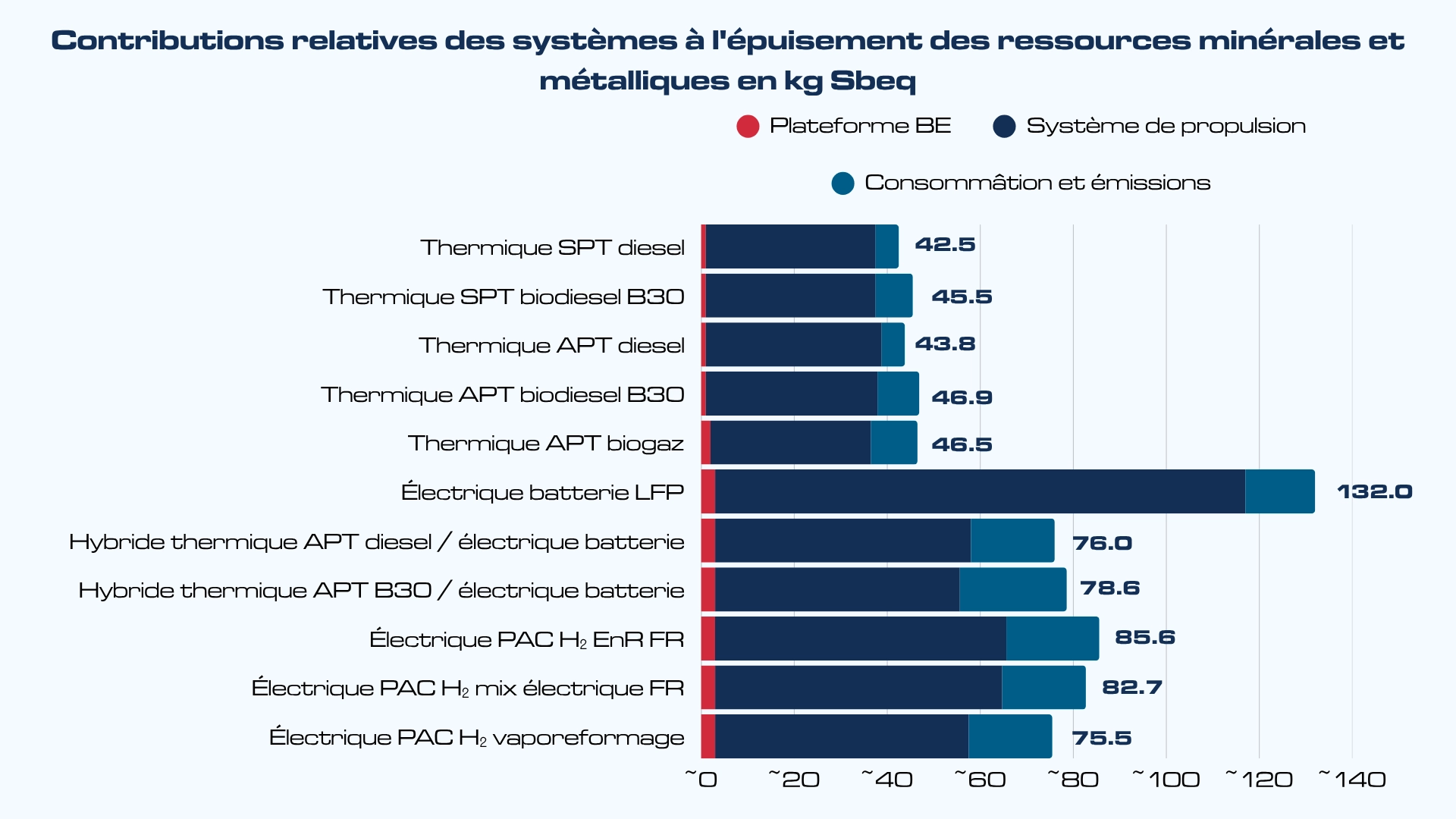A record edition for the AFBE Technical Day 2025
On 6 November 2025, the French Association for Electric Boats (AFBE) brought together more than 70 professionals in Paris for its annual Technical Day. This record attendance reflects the growing interest in carbon-free propulsion within the maritime and river transport sector.
An unprecedented mobilisation of the sector
The 2025 edition, held at the Paris Yacht Marina, brought together shipowners, manufacturers, equipment suppliers and institutional representatives to discuss the practical challenges of the nautical energy transition. The high turnout demonstrates that electric and hybrid propulsion is no longer a future prospect, but an operational reality that requires in-depth technical discussions.
Life cycle assessment: data to inform choices
The highlight of the morning was the presentation of the results of the comparative Life Cycle Assessment (LCA) between 100% electric and hybrid solutions. This study, led by the AFBE, assesses the overall environmental impact of each technology, from component production to end of life. These scientific data provide professionals with a solid basis for directing their investments towards the most relevant solutions for their uses.
Figures that speak for themselves
Relative contributions of systems to climate change

Relative contributions of systems to the depletion of fossil resources in MJ

Relative contributions of systems to the depletion of mineral and metal resources in kg Sbeq

Relative contributions of systems to fine particle emissions in disease inc

Feedback: shipowners have their say
Several operators shared their practical experience of electric and hybrid navigation. These testimonials highlighted the actual performance observed on the water, the technical challenges encountered and the solutions provided. From river transport to port service vessels, the diversity of use cases presented made it possible to identify best practices and areas for attention in order to ensure a successful transition.
Batteries and propulsion: focus on innovations
The session dedicated to storage and propulsion technologies attracted particular attention. Experts detailed developments in battery performance, safety standards, recyclability issues and the integration of on-board electrical systems. These technical presentations opened up concrete prospects for the industrialisation of these solutions in professional boating.
Weenav: a player in connected and sustainable navigation
In the context of energy transition, Weenav is establishing itself as a key player in the future of navigation. Specialising in electric propulsion and smart navigation, the company designs connected solutions to support river and maritime professionals in adopting more sustainable practices.
Weenav develops and integrates high-performance, silent and emission-free 100% electric motors, suitable for both recreational boating and professional transport.
This comprehensive approach, combining technology, energy efficiency and connectivity, not only maximises the range of electric vessels, but also reduces their environmental impact. With Weenav, navigation becomes smoother, more economical and decidedly more environmentally friendly.
Regulatory framework: where are we now?
Representatives from the Directorate-General for Maritime Affairs, Fisheries and Aquaculture (DGAMPA) and the Directorate-General for Infrastructure, Transport and Mobility (DGITM) presented an update on developments in the regulatory framework. They explained how current rules and procedures are evolving, particularly with regard to:
- Equipment certification, i.e. the steps and criteria used to ensure that the equipment used complies with current standards.
- Safety requirements, which define the conditions that must be met to ensure the safe use of technologies and equipment.
- Public aid schemes, which provide financial support for conversion or new construction projects and facilitate their implementation.
The aim of this clarification was to provide a clearer picture for all project leaders and enable them to better understand the rules governing their initiatives.
The Black Pearl: demonstration in real conditions
The afternoon continued with a cruise on the Seine aboard La Perle Noire, a new 100% electric boat. This outing allowed participants to see first-hand the level of technological maturity achieved by the industry: quiet operation, no vibrations, comfortable sailing and operational performance.
A collective dynamic for the future
This Technical Day confirms that the electric and hybrid marine industry now has a structured ecosystem capable of sharing knowledge and feedback. The AFBE has already announced an upcoming event dedicated to batteries and propulsion, a sign that technical issues continue to evolve rapidly.
Published on : 13/11/2026
Editor : Sophie Castelain



